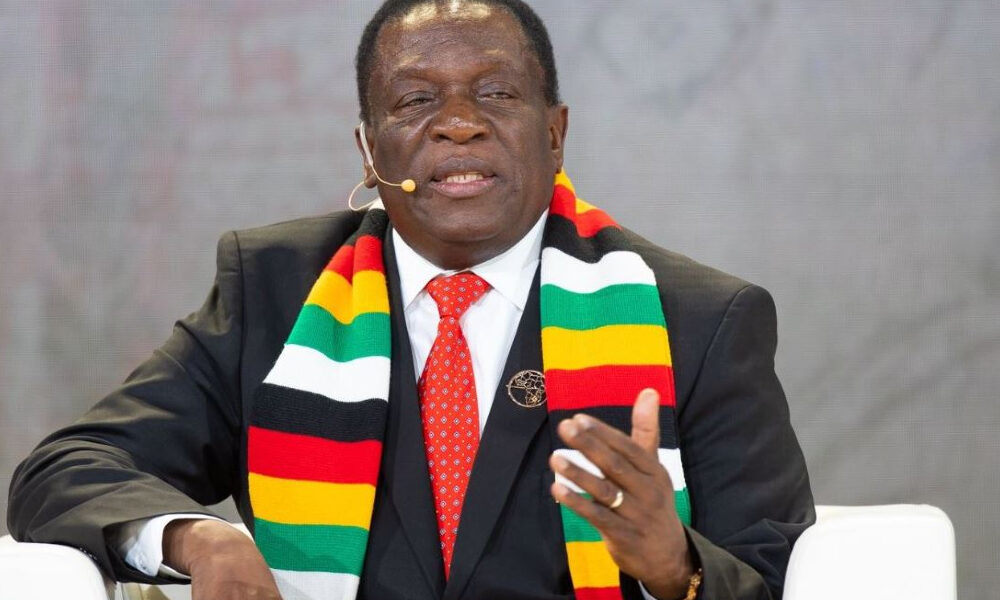Zimbabwe’s Senate has passed a bill to abolish the death penalty, marking a pivotal move towards ending capital punishment in the country.
The legislation now awaits President Emmerson Mnangagwa’s signature, which is expected in the coming days, to officially become law.
The death penalty has not been enforced in Zimbabwe since 2005, largely due to a lack of executioners willing to carry out the sentences. Hanging has been the country’s method of execution.
Currently, over 60 prisoners remain on death row, but recent trends suggest these sentences could soon be commuted to life imprisonment.
President Mnangagwa, who has been an outspoken critic of capital punishment, has previously shared his personal experience of being sentenced to death during Zimbabwe’s fight for independence.

His sentence was later reduced to ten years. Since taking office in 2017, Mnangagwa has used his executive powers to grant amnesties, converting death sentences into life terms.
Amnesty International has called on the president to promptly sign the bill into law and commute all existing death sentences. The organisation highlighted Zimbabwe as one of several African nations making strides towards ending the practice.
Globally, approximately three-quarters of countries have abolished the death penalty in law or practice. However,
Amnesty International’s 2023 report documented a rise in executions worldwide, with 1,153 known cases compared to 883 in 2022.
China remains the world’s leading executioner, though precise figures are unavailable due to secrecy. Iran and Saudi Arabia accounted for nearly 90% of all confirmed executions, with the United States also recording an increase.
Zimbabwe’s decision aligns it with other African nations such as Kenya, Liberia, and Ghana, which have recently taken progressive steps towards abolishing the death penalty, signalling a broader shift in the continent’s approach to human rights.


